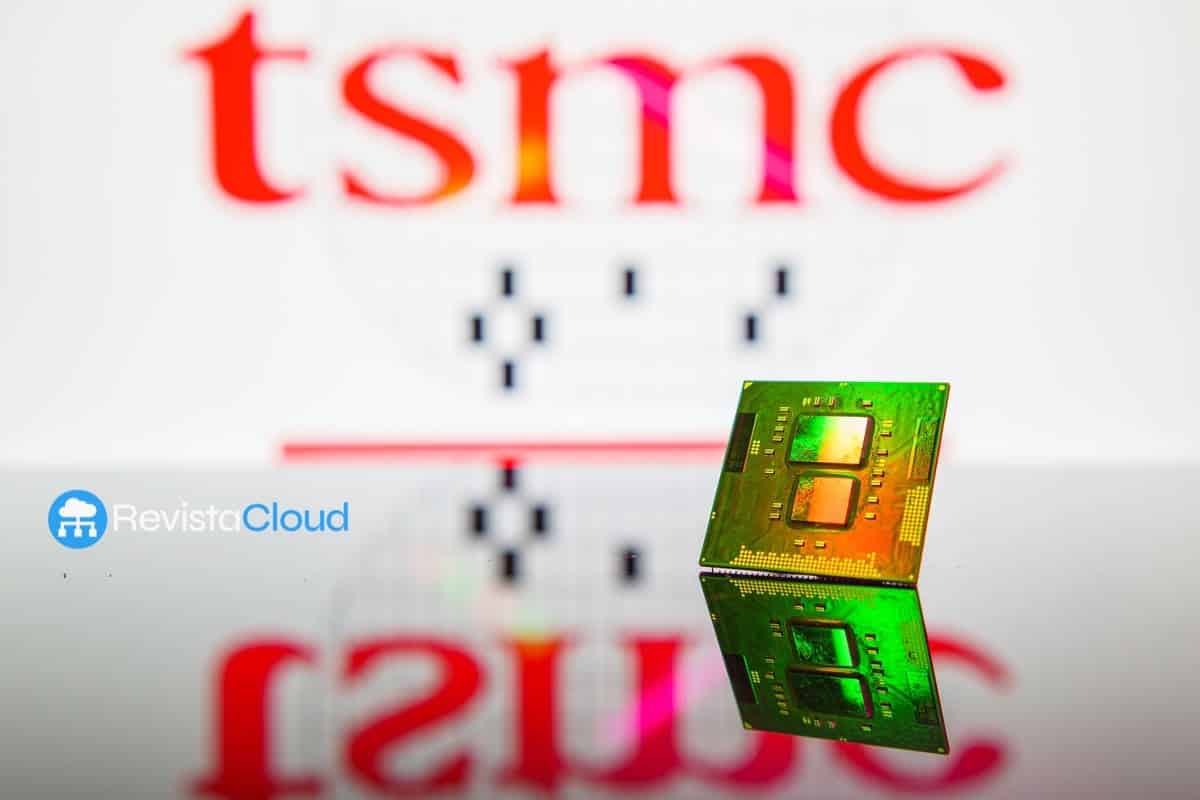The Taiwanese company announces an independent supply chain on U.S. soil, with production of 2 nm nodes and new encapsulation and development plants.
Taiwan Semiconductor Manufacturing Company (TSMC), the world’s largest contract chipmaker, has confirmed its ambitious plan to establish a cutting-edge and independent supply chain in the United States. According to CEO C.C. Wei, the company expects more than 30% of its 2-nanometer and advanced process technology manufacturing capacity to be located in Arizona, marking a significant milestone in its “Made in USA” strategy for the semiconductor industry.
“Once completed, around 30% of our capacity for 2 nm and more advanced chips will be in Arizona, creating an independent cutting-edge semiconductor manufacturing cluster in the U.S.,” Wei stated.
Record Investment and Response to AI Demand
TSMC has seen remarkable growth in the U.S. market, with a 36% year-over-year increase in revenue, driven by strong demand for AI chips. This trend has led the company to accelerate its plant construction in Arizona “several quarters ahead of schedule,” according to Nikkei Asia.
The plan is part of a larger commitment, including an additional $100 billion investment to build five new facilities in the state, including two advanced encapsulation plants and research and development centers. This aligns with the promise TSMC made to the Trump administration to strengthen U.S. technological sovereignty.
The 2 nm Node Coming to the U.S.
The 2-nanometer node, considered one of the most advanced frontiers in chip manufacturing, will be available in the U.S. in the coming years. This technology is crucial for high-performance applications such as cloud computing, data centers, autonomous vehicles, and especially generative AI.
This initiative will enable U.S. clients to access state-of-the-art chips without relying on international supply chains, which is particularly relevant amid global geopolitical tensions and trade restrictions.
NVIDIA, AI, and the Reconfiguration of the Ecosystem
TSMC also highlighted that the U.S. government’s recent decision to lift the veto on NVIDIA’s H20 accelerator for certain international markets is a positive signal for the industry. However, Wei clarified that the company has not yet received new orders for this model, indicating that NVIDIA is clearing existing inventory before starting new production runs.
The rise of AI in the U.S., driven by giants like NVIDIA—who announced a $500 billion investment in the U.S. AI supply chain—is catalyzing a technological re-industrialization, with Arizona at its center.
From Taiwan to Arizona: A Dual Base for the Future
While Taiwan remains the heart of TSMC’s global production, the company has made it clear that the U.S. will be its secondary strategic priority. The combination of 2 nm fabs, research centers, and advanced chip packaging capabilities will allow the U.S. to compete toe-to-toe with Asia in technological capacity.
A New Tech Cluster in America
TSMC’s vision for Arizona is not only industrial but also geopolitical: a comprehensive semiconductor design, manufacturing, and delivery ecosystem within the U.S., serving both tech companies and government agencies. With the new plants underway, the state is set to become one of the most important tech hubs in the Western Hemisphere.
In short, the future of chip manufacturing in the U.S. is no longer just a promise but an ongoing reality, with TSMC leading the charge. The era of supercomputing and AI will increasingly bear a North American manufacturing mark.
via: asia.nikkei.com

